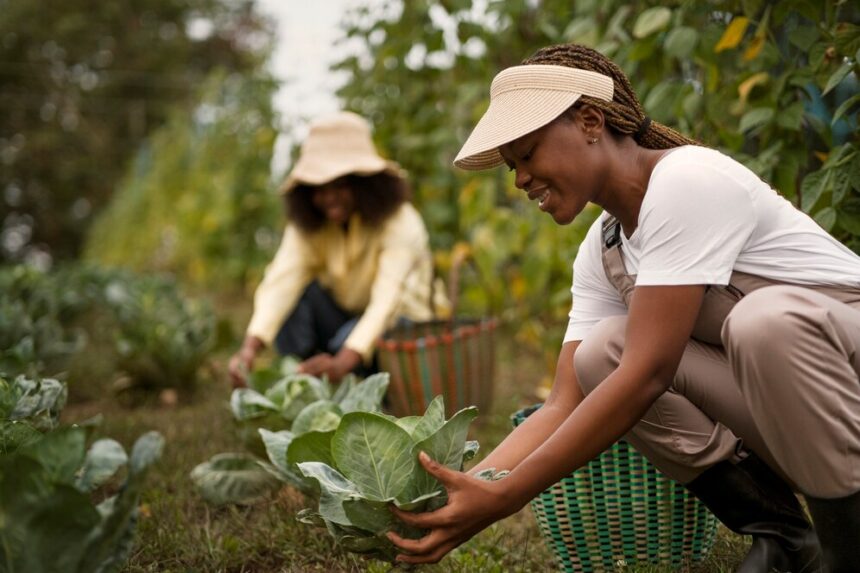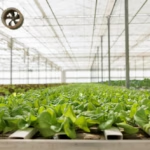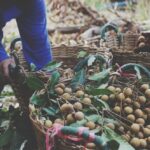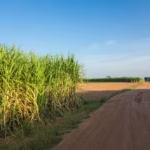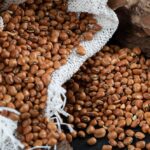As consumer demand for healthy and environmentally friendly food continues to grow, organic certification has become a valuable asset for South African farmers. Whether you’re producing vegetables, fruits, herbs, or livestock, being certified organic opens up access to premium markets and assures buyers that your farming practices meet strict ecological standards. This article explains how to get organic certification in South Africa, outlining each step of the process and what farmers need to know before getting started.
Why organic certification is important
Organic certification is more than just a label—it’s a commitment to sustainable and ethical agriculture. Certified organic farms avoid synthetic pesticides, chemical fertilisers, and genetically modified organisms (GMOs). Instead, they focus on natural soil enrichment, biodiversity, and animal welfare.
In South Africa, organic certification is essential for producers who want to export to international markets or supply local health-conscious retailers. It enhances market credibility and allows farmers to charge premium prices for their products.
Who oversees organic certification in South Africa?
South Africa does not currently have its own national organic legislation, so certification is handled by private agencies that operate under internationally recognised organic standards. These standards include:
- EU Organic (European Union)
- USDA Organic (United States)
- JAS (Japanese Agricultural Standard)
Accredited certification bodies operating in South Africa include:
- Ecocert South Africa
- Control Union
- CERES (Certification of Environmental Standards)
- SGS South Africa
These agencies conduct audits, issue certificates, and help farmers comply with the standards of their target markets.
Steps to get organic certification in South Africa
- Understand organic standards
Before applying, it’s essential to study the organic standards relevant to your market. Each certification body provides detailed guidelines on allowable inputs, soil management, crop rotation, livestock care, and record-keeping. - Prepare your farm for transition
Farms converting from conventional to organic must undergo a transition period of 2 to 3 years. During this time, synthetic chemicals must be eliminated, and the land must be managed using organic methods. The transition period ensures that residual chemicals leave the soil and that sustainable practices are in place. - Choose a certification body
Select a certification agency that matches your farming type and market destination. Reach out to them for a pre-certification briefing and to obtain application forms and fee structures. - Apply for certification
Submit your application with detailed information about your farm operations. This includes:- Maps of the farm layout
- Description of farming practices
- Input records (seeds, fertilisers, pest control)
- Previous land-use history
- Organic management plan
- On-site inspection
The certification body will send an inspector to assess your farm. They will verify compliance with organic standards, inspect records, test soil or water if necessary, and ensure separation from non-organic crops. - Correction of non-compliances
If the inspector identifies any issues, you’ll receive a report outlining what must be corrected. You’ll have the opportunity to make changes and provide evidence of compliance before final approval. - Certification approval
Once all requirements are met, the certification body will issue an organic certificate valid for 12 months. Your farm will then be subject to annual audits to maintain certification. - Labelling and traceability
You can now market your products as “certified organic” using the logo of the certification body. You’ll also need to maintain traceability of all inputs and outputs to ensure transparency in your supply chain.
Costs of organic certification
The cost of certification depends on the size of the farm, the number of products, and the chosen certification agency. Typical expenses include:
- Application and registration fees
- Inspection and travel costs
- Annual renewal fees
For smallholder farmers, group certification or assistance from NGOs and co-operatives can help reduce these costs.
Challenges farmers may face
While organic certification offers many benefits, it also comes with challenges, such as:
- Strict documentation requirements
- Limited availability of approved organic inputs
- Increased labour for pest and weed control
- Risk of contamination from nearby conventional farms
To overcome these, farmers are encouraged to participate in training programs, join organic networks, and make use of extension services.
Getting organic certification in South Africa is a structured process that requires careful planning, a commitment to sustainable practices, and compliance with international standards. Though it may seem demanding at first, the long-term rewards—better market access, higher prices, and improved soil and crop health—make it a worthwhile investment for forward-thinking farmers.

